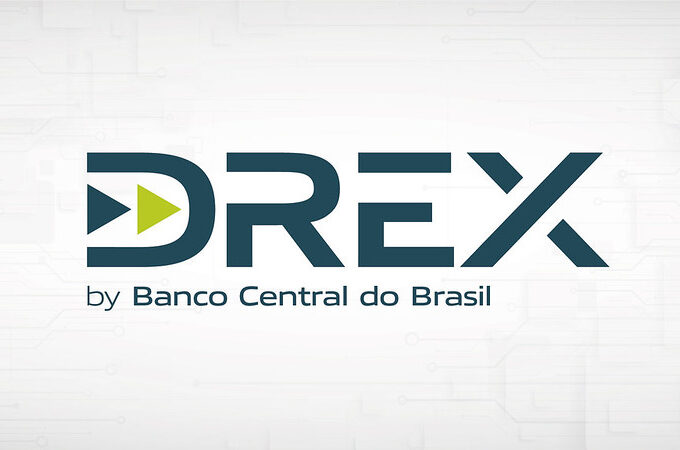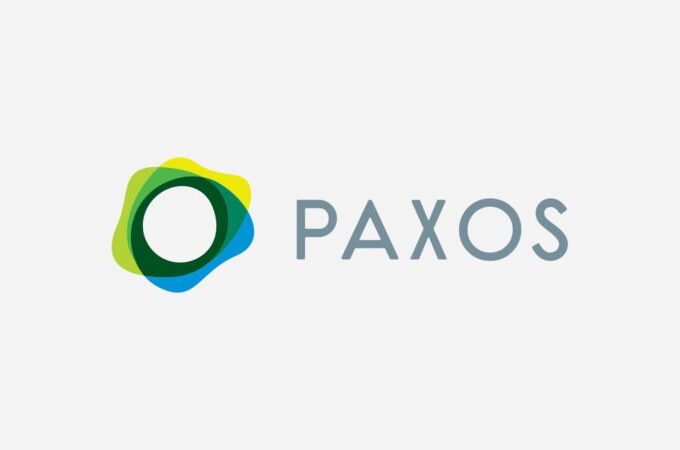
Singapore’s MAS Expands Crypto Regulation
The Monetary Authority of Singapore (MAS) has announced significant revisions to the Payment Services Act (PS Act), ushering in a new era of regulation for digital payment token (DPT) service providers. These amendments, set to take effect in stages from April 4, 2024, aim to broaden MAS oversight, enhance user protection, and promote financial stability within the burgeoning cryptocurrency sector.
Expanding Regulatory Scope
MAS’s amendments encompass a wider array of payment services, including custodial services for DPTs, facilitation of DPT transactions between accounts, token exchanges, and cross-border money transfers. These expansions reflect MAS’s commitment to fostering a robust regulatory framework that adapts to the evolving landscape of digital finance.
User Protection Measures
Under the revised PS Act, MAS empowers itself to enforce stringent requirements aimed at safeguarding consumers’ interests. These measures include anti-money laundering (AML) and countering the financing of terrorism (CFT) regulations, ensuring the integrity and security of customer assets, and promoting financial stability. MAS emphasizes the importance of segregating customer assets, maintaining proper records, and implementing effective risk management controls to mitigate potential risks associated with DPT services.
Transitional Arrangements
To facilitate a smooth transition, MAS provides a grace period for existing entities conducting activities under the expanded regulatory scope. These entities must notify MAS within 30 days and submit a license application within six months from April 4, 2024. Compliance requirements entail an attestation report on business activities and AML/CFT compliance, verified by a qualified external auditor, within nine months. Failure to meet these requirements will result in the cessation of activities once the amendments come into effect.
Enhanced Consumer Safeguards
MAS’s guidelines underscore the importance of segregating customers’ assets and implementing robust operational and risk management controls. DPT service providers are required to employ prudent valuation methodologies, segregate customer assets into trust accounts, and establish comprehensive risk management systems to prevent unauthorized access or loss of customer assets.
Retail Customer Protection
In a bid to protect retail customers, MAS prohibits activities such as pledging, lending, staking, or hypothecating customers’ assets. DPT service providers must provide clear disclosures outlining the risks associated with transactions involving customer assets and refrain from engaging in activities that could jeopardize customer interests.
Compliance and Implementation
Entities operating within the expanded regulatory scope must adhere to MAS guidelines and ensure compliance with the new regulatory framework. MAS has released comprehensive documentation to assist entities in navigating these changes and fostering a culture of compliance within the cryptocurrency ecosystem.
MAS’s amendments to the Payment Services Act represent a significant milestone in Singapore’s regulatory journey towards fostering a safe, transparent, and resilient digital payment ecosystem. By enhancing user protection measures, promoting financial stability, and expanding regulatory oversight, MAS seeks to instill confidence in consumers and promote innovation in the rapidly evolving landscape of digital finance. As the cryptocurrency sector continues to evolve, robust regulatory frameworks will play a crucial role in safeguarding consumer interests and maintaining market integrity.





